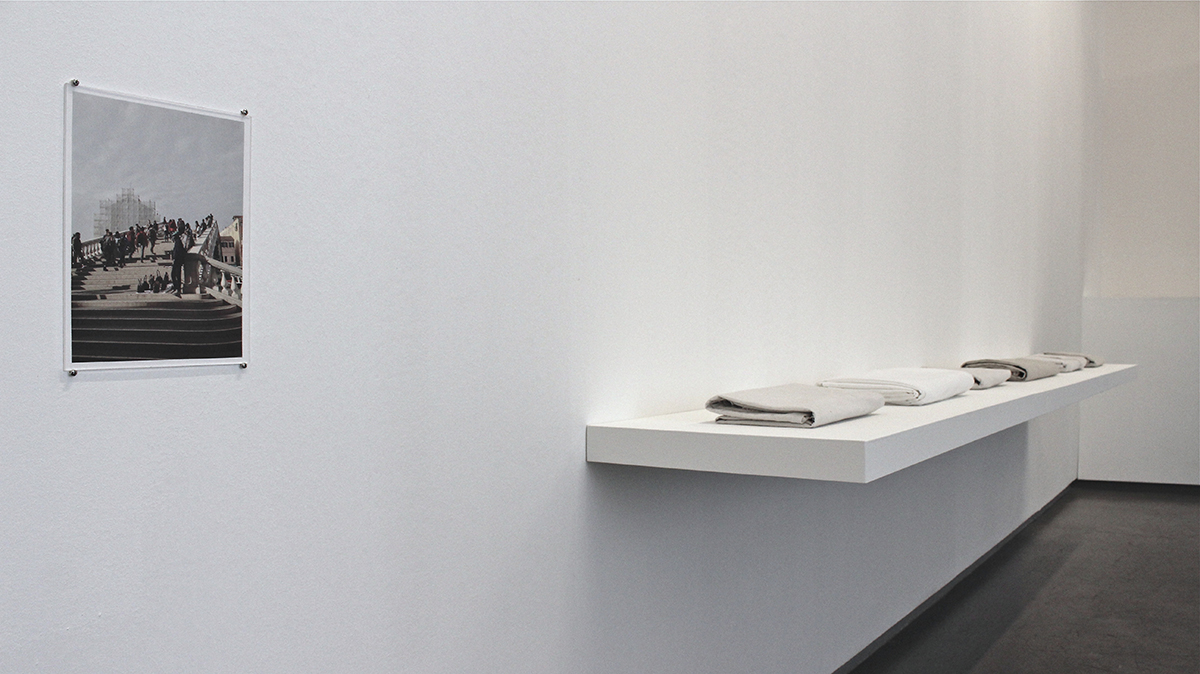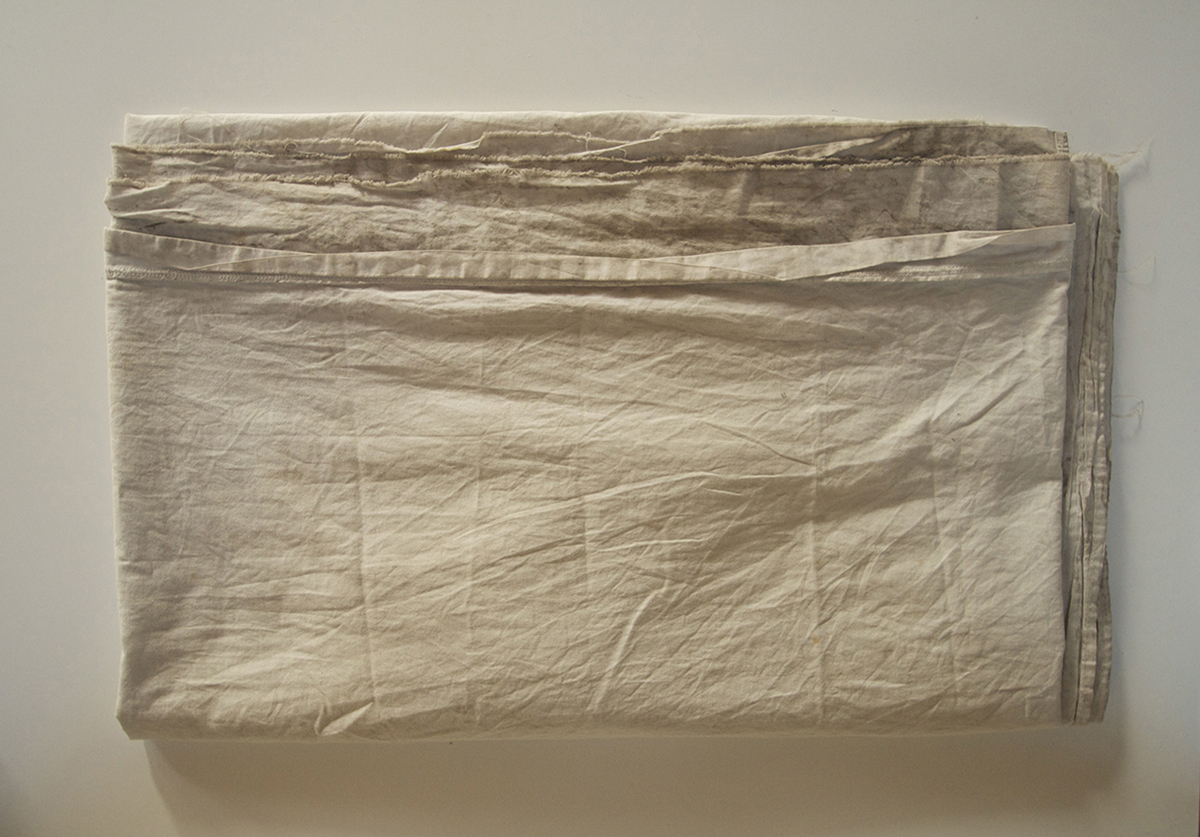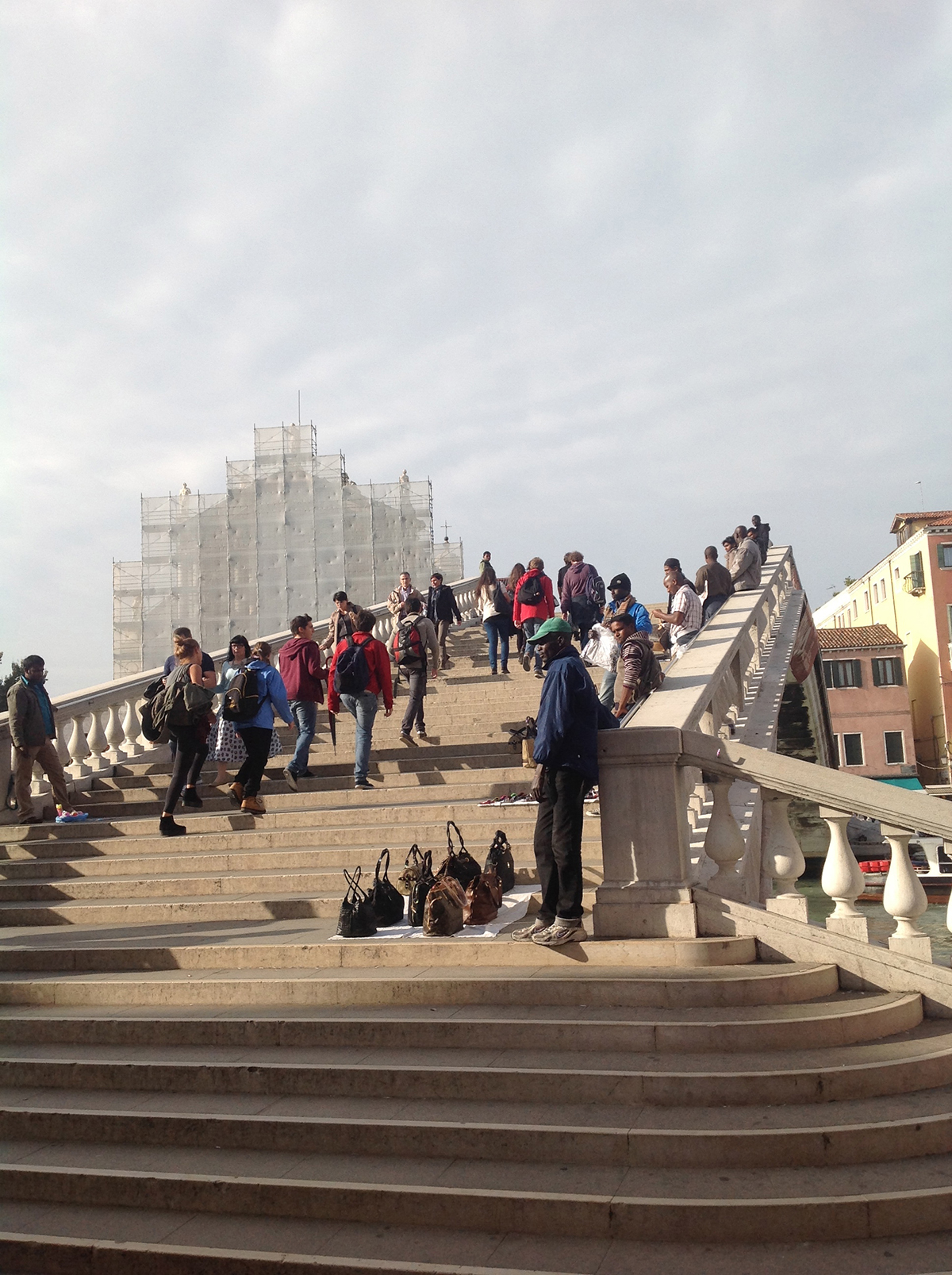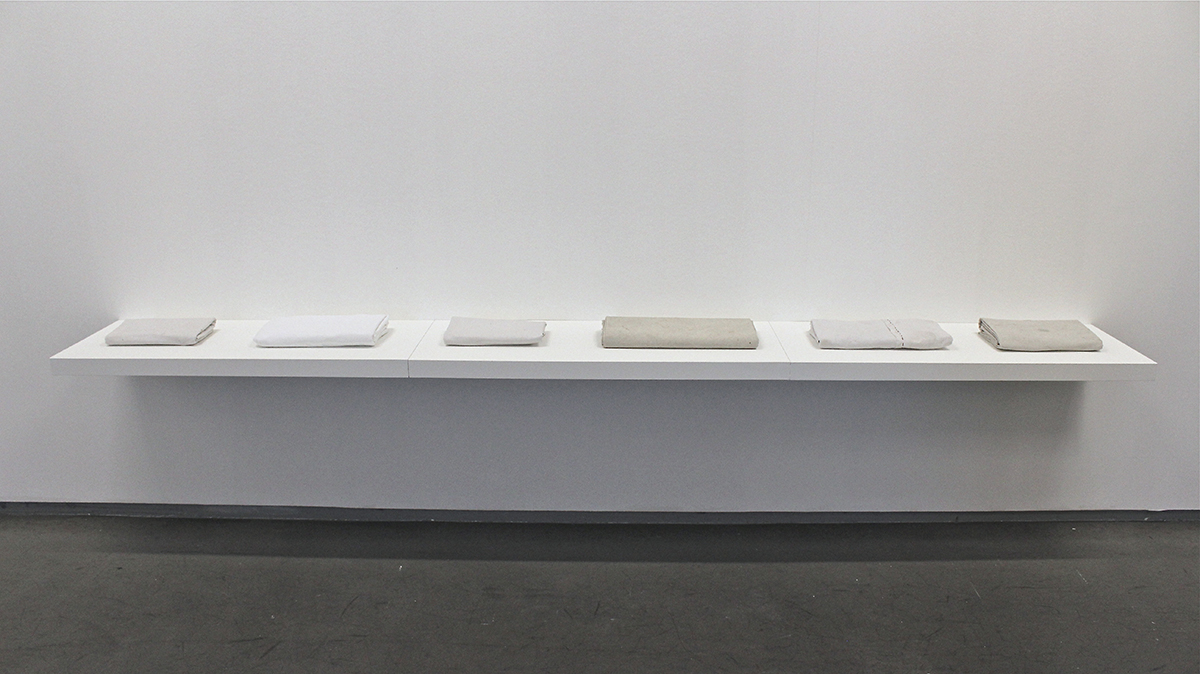Residual
PM8 Gallery
Vigo (Spain)
Curated by Francisco Salas
Vigo (Spain)
Curated by Francisco Salas
April-July 2015





Residual, is the second solo project by Adán Vallecillo (Danlí, Honduras, 1977) at PM8, a new body of work developed in Venice during the Residency illySustainArt & Fondazione Bevilacqua La Masa at the end of 2013. This specific proposal is articulated around a group of pieces which manifest Adán ́s concern with the deteriorated fragility of a city loaded with many contradictions, and whose urban-architectural decadence is an external sign of its inner boredom.
After participating in La Biennale de Venezia 2011, the new encounter with this overwhelming environment implies a new experience which turns into a particular journey. A personal voyage which started under the spell and weight of centuries of history and art but which also walked with gravity through its real social conflicts.
Adan ́s exploratory and performative practice lead him to analyze in depth this new context, which although very different from his own, presented quite a few coincidences with the situation he left behind in his country. The artist has frequently been interested in social and political issues in order to create a critical discourse, but also in an effort to generate an honest analytical thinking through his work. His recurrent interest in the social dissensions he observes in society is reflected once again in this new project, but here the artist can not escape the sensorial influence of the city, every piece is impregnated by its atmosphere, its light, its colors, and also by the oppressive sense of its tradition which is heavily grounded in its core.
Adán focused the attention of his investigations on the covert context of the place. With sharp precision he scanned the social deficiencies which seem evident to him and are visible for everyone. Disharmony unobserved by most of the visitors who seem blinded by the many architectural wonders found in their arranged itineraries. Upon his arrival, the artist felt instantly attracted by what Venice got rid of: the people, mostly illegal immigrants, who sold goods on the street and to whom he soon started to converse with, the litter left by hordes of tourists who erode the city in a never-ending procession walking to the most must-see places, and finally by other remains he finds in diverse streets, historical buildings and different corners of the urban landscape, in an attempt to give visibility to all these hidden layers of the city.
After participating in La Biennale de Venezia 2011, the new encounter with this overwhelming environment implies a new experience which turns into a particular journey. A personal voyage which started under the spell and weight of centuries of history and art but which also walked with gravity through its real social conflicts.
Adan ́s exploratory and performative practice lead him to analyze in depth this new context, which although very different from his own, presented quite a few coincidences with the situation he left behind in his country. The artist has frequently been interested in social and political issues in order to create a critical discourse, but also in an effort to generate an honest analytical thinking through his work. His recurrent interest in the social dissensions he observes in society is reflected once again in this new project, but here the artist can not escape the sensorial influence of the city, every piece is impregnated by its atmosphere, its light, its colors, and also by the oppressive sense of its tradition which is heavily grounded in its core.
Adán focused the attention of his investigations on the covert context of the place. With sharp precision he scanned the social deficiencies which seem evident to him and are visible for everyone. Disharmony unobserved by most of the visitors who seem blinded by the many architectural wonders found in their arranged itineraries. Upon his arrival, the artist felt instantly attracted by what Venice got rid of: the people, mostly illegal immigrants, who sold goods on the street and to whom he soon started to converse with, the litter left by hordes of tourists who erode the city in a never-ending procession walking to the most must-see places, and finally by other remains he finds in diverse streets, historical buildings and different corners of the urban landscape, in an attempt to give visibility to all these hidden layers of the city.
Therefore the haunting figure of Venice as an excuse to look into the roots of a system which is perpetuating an invariable urban structure which doesn ́t fit the needs of its real population. A place bewitched by the transcendence of his cultural legacy but unable to deal with the vertiginous pace of the present, the hunger of the travellers and the many requirements expected by its temporary visitors ready to consume just another product. During his Venetian itinerary Adán read some of the writings by Wolfgang Scheppe, being specially influenced by one of his most ambitious books, Migropolis, a work in which the philosopher analyses the contradictions of Venice and its further development towards a place of mass consumerism.
Tourists in Venice don ́t usually go to other areas outside places which everyone recognizes, they don ́t want to know the reality of the city, the truth behind the curtain, they want to experience the idea of what Venice is or should be, but not what the real Venice is. Adán as a visitor and as a foreigner perceives another truth, sees other parallel worlds which lay there in the decor of this shadowy theater, whose history seems to have been fused into an element of pure appearance. A place which in his long drift has almost become a brand without identity, a sort of theme park which diminishes its real soul and humanistic importance.
We might say that the project Adán Vallecillo made in Venice is a metaphor of what ́s happening in our society, we live through standard cliches, we create a facade without wanting to go any further. What matters is the souvenir of the experience, not the experience itself. We don ́t have time. We rush emotionally and physically building a fictitious reality, which might fit this ideal imposed by the social media and other forces of our society.
Francisco Salas
Tourists in Venice don ́t usually go to other areas outside places which everyone recognizes, they don ́t want to know the reality of the city, the truth behind the curtain, they want to experience the idea of what Venice is or should be, but not what the real Venice is. Adán as a visitor and as a foreigner perceives another truth, sees other parallel worlds which lay there in the decor of this shadowy theater, whose history seems to have been fused into an element of pure appearance. A place which in his long drift has almost become a brand without identity, a sort of theme park which diminishes its real soul and humanistic importance.
We might say that the project Adán Vallecillo made in Venice is a metaphor of what ́s happening in our society, we live through standard cliches, we create a facade without wanting to go any further. What matters is the souvenir of the experience, not the experience itself. We don ́t have time. We rush emotionally and physically building a fictitious reality, which might fit this ideal imposed by the social media and other forces of our society.
Francisco Salas


